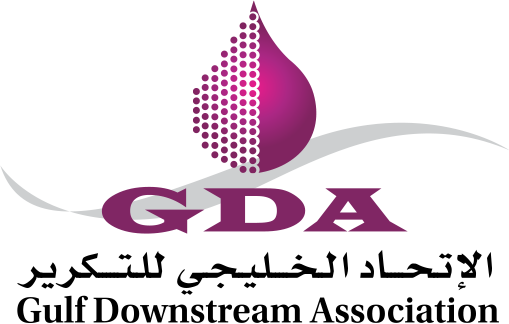Introduction: Knowledge is the learning by individuals which helps in executing business tasks more effectively, efficiently and creatively. The main objective of the GDA is to share knowledge among its members. Sharing knowledge is a natural human tendency which is not considered confidential or proprietary as it helps the humanity at large to evolve and progress. However, people often confuse knowledge with information which could be confidential in certain cases. Knowledge shared through document would invariably carry some information. GDA expects its members to ensure that information accompanying any knowledge in any document is non-proprietary and non-sensitive, without violating the companies’ policies and/or Code of Conduct.
Purpose: To facilitate the sharing of knowledge, experience and best practices among the GDA Members for mutual benefits and for the growth of the Downstream industry. This is a guiding document for all members concerned on how to share knowledge documents by eliminating proprietary/sensitive information, if any.
Scope:
GDA Members may share knowledge through:
- Best Practices
- Lessons Learned
- White Papers
- Case Studies
- Technical Articles/Papers/Presentation
- Articles of general interest
- Research Studies and Survey Reports of mutual interest and benefits
- Technical views and opinions
- In-house courses/trainings and workshops
- Innovative Ideas
- Success Stories
- Issues and challenges
- Educational material (incl. Audio and Video)
- Industry News and or other related information
- Reference material (e.g.: Oil & Gas Dictionaries / Encyclopedia, Technology / Engineering Books, Reference Books & Manuals, International Standards Publications, Quick Reference Guides / Engineering Handbooks & Data-books, Leadership / Management / Motivational books and reference materials, Refinery Glossaries, HSE Videos, E-books / CDs etc.)
Process: The following steps should be applied to ensure that knowledge documents shared among members do not carry any proprietary or sensitive information. Members to verify whether the information in the document has a negative impact on:
- The ability of the parties to conduct its tasks/business;
- Individuals privacies;
- Competitiveness and continuity of companies/institutions;
- The course of justice and security processes;
- Public health and safety.
If yes to any of the above, then the member sharing the document need to identify the attributes of the information which can be removed or blanked off to protect sensitive information, where necessary.
Examples of possible proprietary/sensitive information: Specific location/unit/organization name/licensors information/formulae/processes/software/marketing etc.
Conclusion: GDA expects its members to apply the above guidance and use individual judgements in creatively sharing knowledge which is vital for the growth of the individual member organisation and the industry at large.

